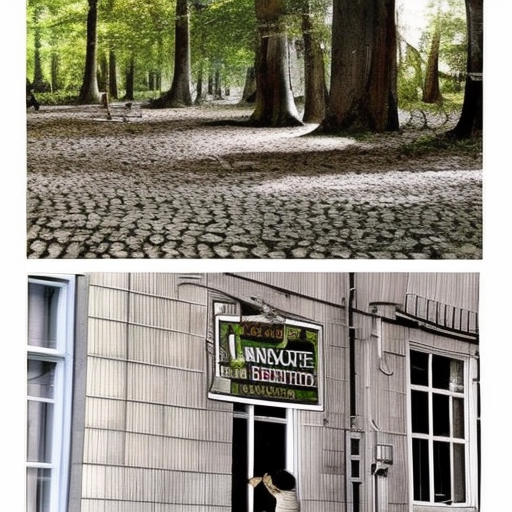Summary: Non-fiction refers to any form of literature or media that presents factual information or accounts of real events. It encompasses a wide range of genres, including memoirs, biographies, essays, and documentaries. Non-fiction works aim to educate, inform, and provide a deeper understanding of the world around us. They often explore various subjects, such as history, science, politics, and personal experiences. Non-fiction is an essential part of literature and media, offering valuable insights and knowledge to readers and viewers.
Genres of Non-Fiction:
- Biography: Biographies are non-fiction works that provide a detailed account of a person’s life. They often explore the individual’s achievements, struggles, and impact on society.
- Autobiography: Autobiographies are self-written accounts of a person’s own life. They offer a unique perspective on the author’s experiences, thoughts, and emotions.
- Essay: Essays are short non-fiction pieces that express the author’s opinions, ideas, or arguments on a particular topic. They can be personal, reflective, or analytical in nature.
- Memoir: Memoirs are similar to autobiographies but focus on specific periods or events in the author’s life. They often delve into personal experiences, relationships, and reflections.
- History: Historical non-fiction provides an in-depth exploration of past events, civilizations, and cultures. It relies on extensive research and analysis to present an accurate account of the past.
- Science: Science non-fiction covers a wide range of topics, including physics, biology, astronomy, and psychology. It aims to explain scientific concepts and discoveries in a way that is accessible to non-experts.
- Politics: Political non-fiction examines political systems, ideologies, and events. It often offers insights into the workings of governments, international relations, and social issues.
- Travel: Travel non-fiction combines personal experiences with cultural exploration. It provides readers with a glimpse into different countries, landscapes, and traditions.
- True Crime: True crime non-fiction focuses on real-life criminal cases and investigations. It delves into the motives, methods, and consequences of crimes, often offering a gripping narrative.
- Self-help: Self-help non-fiction offers guidance and advice on personal development, relationships, and well-being. It aims to empower readers and help them improve their lives.
Importance of Non-Fiction:
Non-fiction plays a crucial role in expanding our knowledge and understanding of the world. It provides us with factual information, historical context, and diverse perspectives. Non-fiction works can challenge our assumptions, broaden our horizons, and inspire critical thinking. They allow us to explore different cultures, scientific advancements, and social issues. Non-fiction also serves as a valuable educational resource, offering insights into various subjects and disciplines.
Furthermore, non-fiction allows us to connect with the experiences and stories of real people. Biographies and memoirs, for example, provide a glimpse into the lives of individuals who have made significant contributions or overcome remarkable challenges. These narratives can be inspiring and offer valuable life lessons.
In the age of misinformation and fake news, non-fiction plays a crucial role in promoting truth and accuracy. Non-fiction works are typically well-researched and rely on credible sources. They provide readers and viewers with reliable information and help distinguish fact from fiction.
Non-fiction is not limited to books alone. It extends to other forms of media, such as documentaries, podcasts, and articles. These mediums offer alternative ways to engage with non-fiction content and reach a wider audience.
In conclusion, non-fiction is a diverse and essential genre that encompasses a wide range of subjects and formats. It educates, informs, and challenges us, providing valuable insights into the world around us. Whether through books, documentaries, or other media, non-fiction plays a vital role in expanding our knowledge and understanding of the human experience.












